Race Equity, Surveillance in the Post-Roe Era, and Data Protection Frameworks in the Global South are Major Topics During This Year’s Privacy Papers for Policymakers Event
The Future of Privacy Forum (FPF) hosted a Capitol Hill event honoring 2022’s must-read privacy scholarship at the 13th annual Privacy Papers for Policymakers Awards ceremony. This year’s event featured an opening keynote by FTC Commissioner Alvaro Bedoya as well as facilitated discussions with the winning authors: Anita Allen, Anupam Chander, Eunice Park, Pawel Popiel, Laura Schwartz-Henderson, Rebecca Kelly Slaughter, and Kate Weisburd. Experts from academia, industry, and government, including Olivier Sylvain, Neil Chilson, Amanda Newman, Gabriela Zanfir-Fortuna, Maneesha Mithal, and Chaz Arnett, moderated these policy discussions.
Stephanie Wong, FPF’s Elise Berkower Fellow, provided welcome remarks and emceed the night, noting this was the first time the award ceremony has met in-person after two years of virtual events due to the pandemic. Ms. Wong noted she was excited to present leading privacy research relevant to Congress, federal agencies, and international data protection authorities (DPAs).
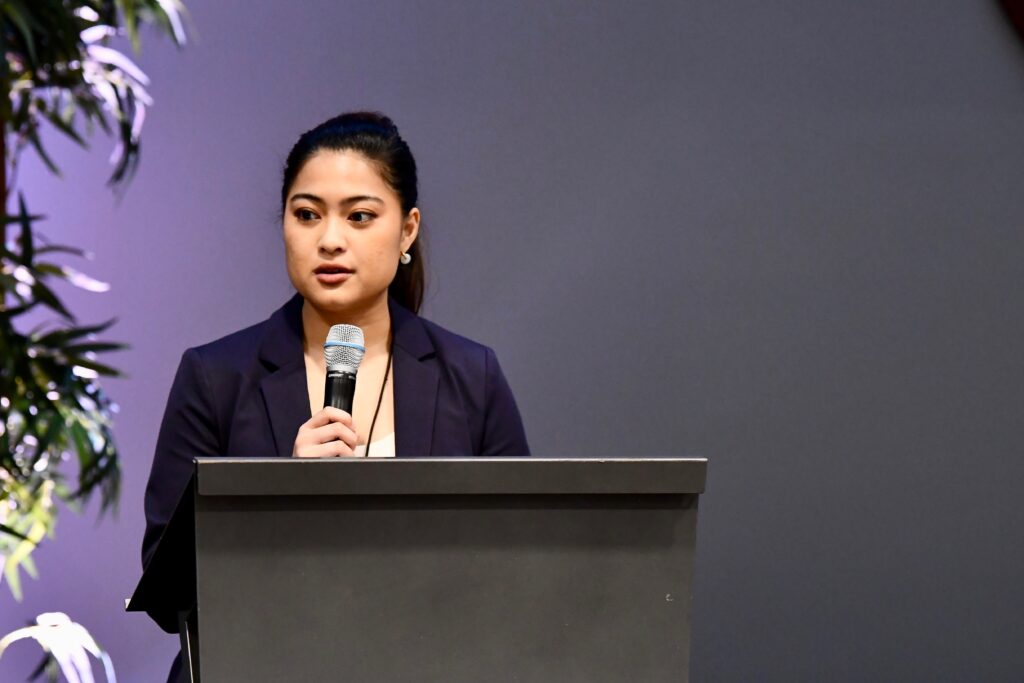
In his keynote, Commissioner Bedoya was excited to celebrate privacy by highlighting some of the finest minds working on relevant technology policy issues. Commissioner Bedoya noted that events like Privacy Papers for Policymakers bring together the “brightest minds in technology speaking with the brightest minds in Congress” to determine which issues deserve special sectoral treatment. Commissioner Bedoya concluded his remarks by highlighting the aspects of the winning authors’ work that he finds most salient, stating that Professor Park’s work forces us to reckon with the reality that our health information cannot be confined to a neat box that lives at our doctor’s office; that Professor Weisburd’s work answers the fallacy that surveillance is passive, not a physical, lived experience and that surveillance is a form of punishment; that Professor Allen is a luminary who underscores the importance of seeing surveillance not as data collection, but rather by tracing the differential use of surveillance; that Professor Popiel and Laura Schwartz-Henderson grapple with challenges faced by DPA regulators; that Professors Anupam Chander and Paul Schwartz reveal a divergence between international trade and privacy norms; and that Commissioner Slaughter’s paper describes the harms of algorithmic bias and how to protect consumers from algorithmic harms.
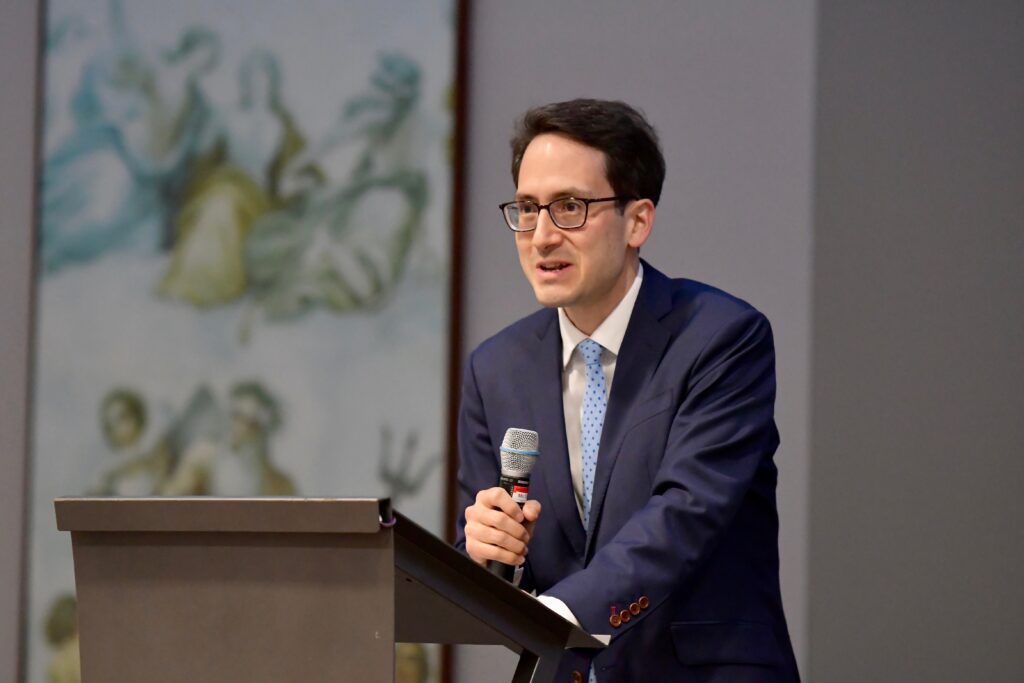
Following Commissioner Bedoya’s keynote address, the event shifted to discussions between the winning authors and expert discussants. The 2022 PPPM Digest includes summaries of the papers and more information about the authors.
Professor Anita Allen (University of Pennsylvania Carey Law School) kicked off the first discussion of the night with Olivier Sylvain (Senior Advisor at the Federal Trade Commission) by talking about her paper, Dismantling the “Black Opticon”: Privacy, Race Equity, and Online Data-Protection Reform. Professor Allen’s paper analyzes how African-Americans endure discriminatory oversurveillance, discriminatory exclusion, and discriminatory predation, which she calls the “Black Opticon,”and also highlights the role of privacy’s unequal distribution. During her conversation, Professor Allen discussed discriminatory surveillance and oversurveillance of the poor, why race-neutral policies aren’t enough to address discrimination, how commercial practices and reforms are unequally distributed along racial lines, and how the right to privacy emerged in the U.S.’s founding era when the concept of one’s privacy was used to protect slave owners and more recently, those who commit domestic abuse under the same guise of privacy.
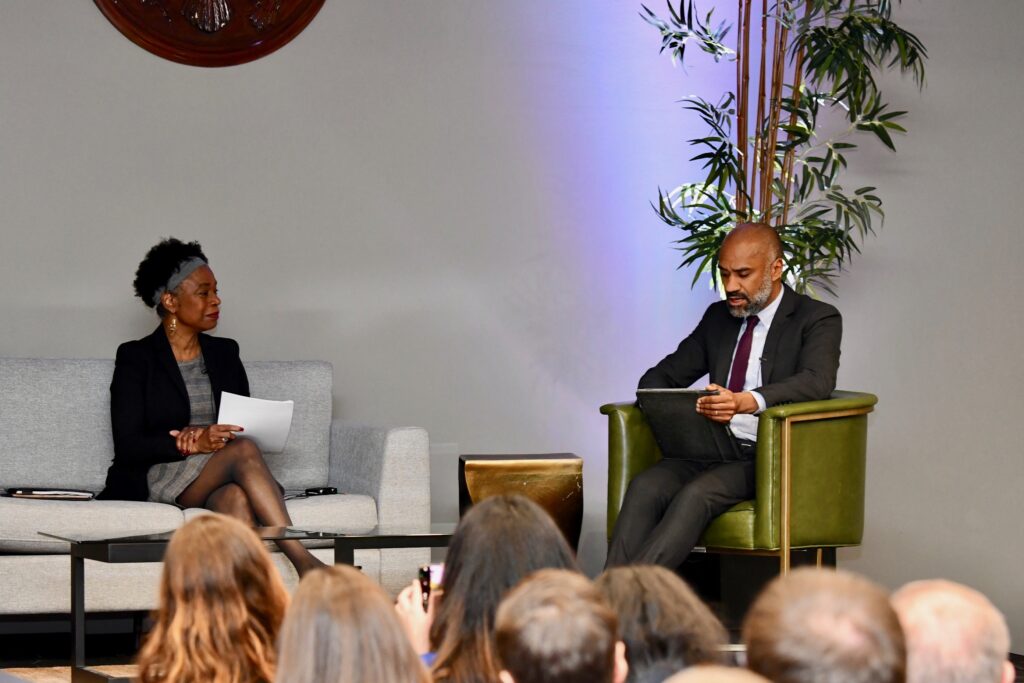
Next, Professor Anupam Chander (Georgetown University Law Center), discussed his paper, Privacy and/or Trade, with Neil Chilson (Stand Together). Professor Chander’s paper, co-written with Professor Paul Schwartz of the UC Berkeley School of Law, explores the conflict between international privacy and trade. At the outset, Mr. Chilson outlined the paper’s four contributions to privacy law and policy: an analysis of the long history of trade and privacy, the rapid growth of international regulation, that privacy and trade are not necessarily exclusive and can both impact humanitarian issues when we think about rights, and that the paper doesn’t merely observe the problem, but rather gives a potential path to fixing it through a regulatory regime. The conversation centered on privacy and transborder data flows, the concept that “privacy is not bananas,” and the practical effect of kicking the proverbial can down the road to other countries, amongst other salient topics.

Professor Eunice Park (Western State College of Law) discussed her paper, Reproductive Health Care Data Free or For Sale: Post-Roe Surveillance and the “Three Corners” of Privacy Legislation Needed with Amanda Newman (Office of Congresswoman Sara Jacobs). Professor Park’s paper recommends placing over-due limits on state surveillance to protect the privacy of personal health data. Ms. Newman acknowledged that state criminalization has fallen hardest on marginalized communities post-Roe and that the issue of reproductive health data being available on the open market has made the issue of privacy more concrete and topical. Professor Park explained why the post-Roe era is harsher than the 1960s pre-Roe era, the disconnect between legal protection and digital reality in the context of the First Amendment, and the three corners of protections she recommends, including an inclusive definition for reproductive healthcare data, a substantive prohibition on certain practices, and procedural protections that would require a warrant for any type of information that could criminalize an individual.
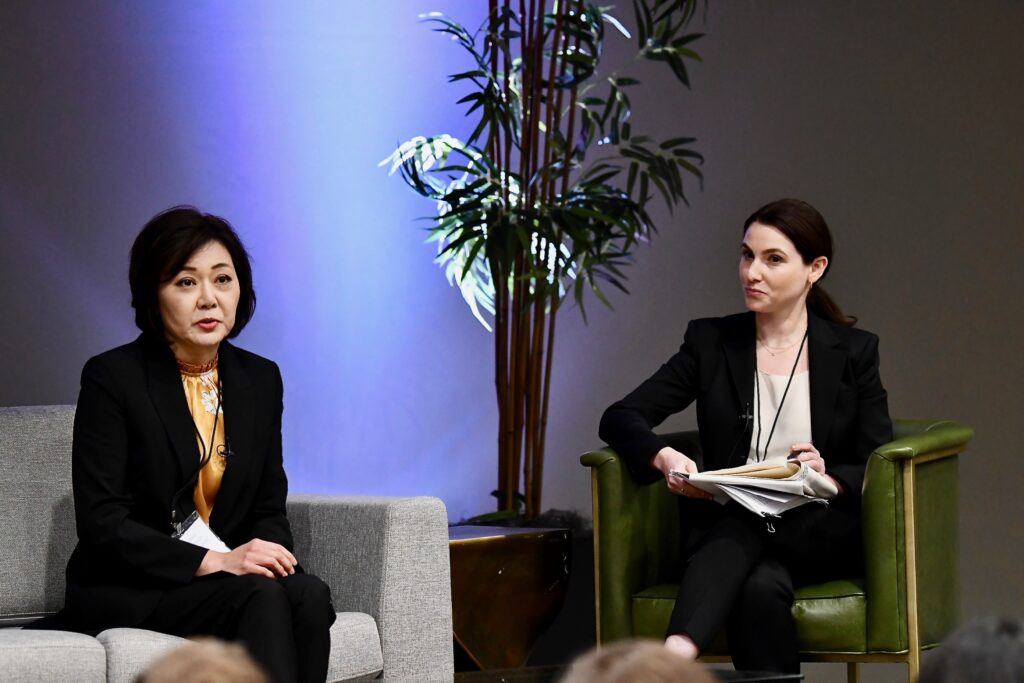
During the next panel, Dr. Pawel Popiel (University of Pennsylvania Annenberg School for Communication) and Laura Schwartz-Henderson (Internews) discussed their paper, Understanding the Challenges Data Protection Regulators Face: A Global Struggle Towards Implementation, Independence, & Enforcement with FPF’s Dr. Gabriela Zanfir-Fortuna. Their paper examines the challenges facing DPAs in Africa and Latin America and identifies two prominent factors as key obstacles to effective data protection oversight: resource constraints and threats to independence. The co-authors discussed why they pursued this research and why it is valuable, how they chose the data they worked with and what the key challenges were, how lack of independence can create cross-cutting challenges across organizations, and why independence is so important. They also stated that ensuring local values and needs with baseline data protection from the European model was important.
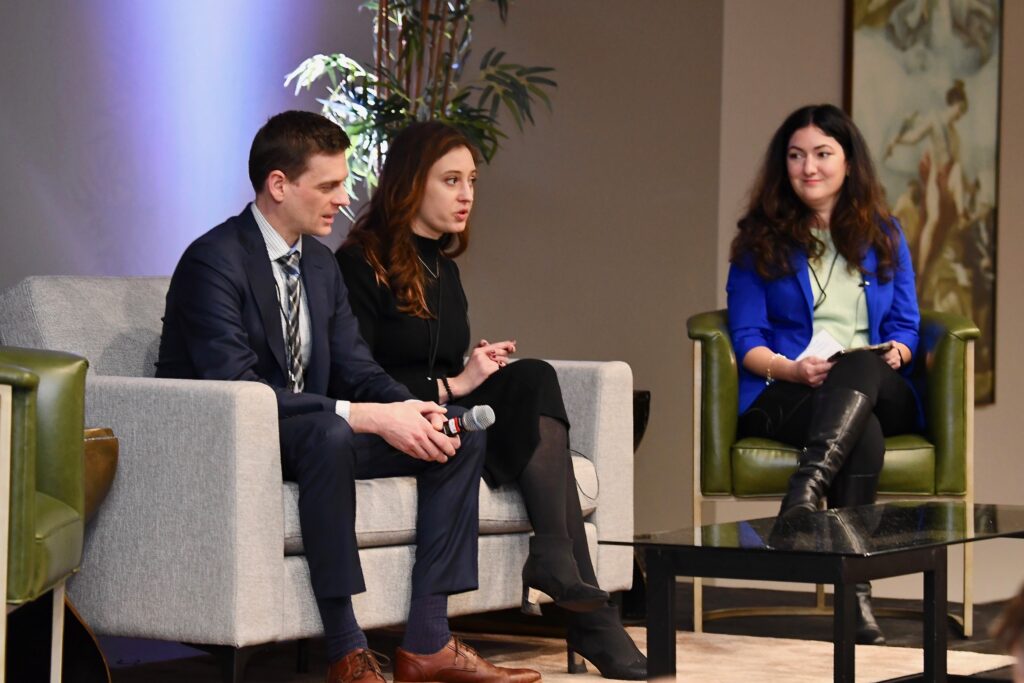
Next, FTC Commissioner Rebecca Kelly Slaughter discussed her paper, Algorithms and Economic Justice: A Taxonomy of Harms and a Path Forward for the Federal Trade Commission with Maneesha Mithal (Wilson Sonsini Goodrich & Rosati). Commissioner Slaughter’s paper provides a taxonomy of algorithmic harms that portend injustice, describes her view of how the Commission’s existing tools can and should be aggressively applied to thwart injustice, and explores how new legislation or an FTC rulemaking could help structurally address the harms generated by algorithmic decision-making. Commissioner Slaughter reiterated it is important that “we’re not awed by the concept of algorithmic decision making, into thinking it’s an amazing technology.” Commissioner Slaughter discussed consumer protection and “AI snake oil,” the privacy harms of regenerative AI, potential harms to kids, and the importance of transparency and explainability to consumers.
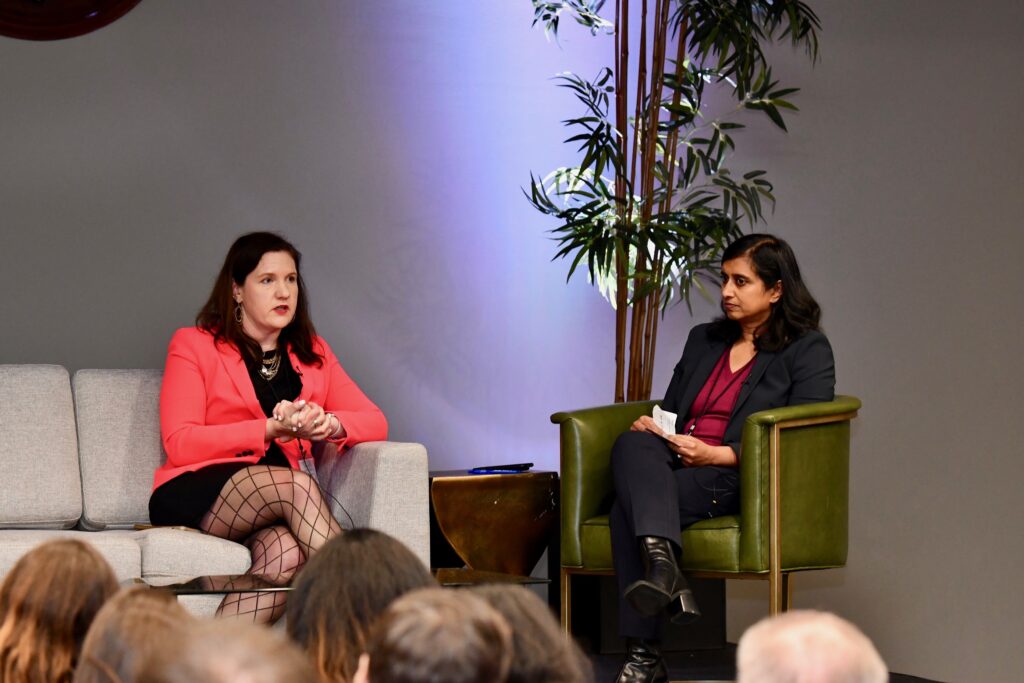
In the evening’s final presentation, Professor Kate Weisburd (George Washington University Law School) was joined by Professor Chaz Arnett (University of Maryland Carey Law School) to discuss her paper, Punitive Surveillance. Professor Weisburd’s paper analyzes “punitive surveillance” practices, which allow government officials, law enforcement, and companies to track, record, share, and analyze the location, biometric data, and other metadata of thousands of people on probation and parole. Professor Weisburd noted how there has been a “shift to digitizing and datifying the carceral state, entrenching and deepening carceral surveillance measures.” Professor Weisburd then discussed the concept of punitive surveillance, the disconnect between how e-monitors are presented in popular culture and how it plays out in practice, and what policymakers could do to connect more with this subject matter.

FPF CEO Jules Polonetsky closed the event by thanking the audience, including a special shout-out to Professor Paul Ohm for helping inspire this conference thirteen years ago and to FPF’s Stephanie Wong for making the event happen.
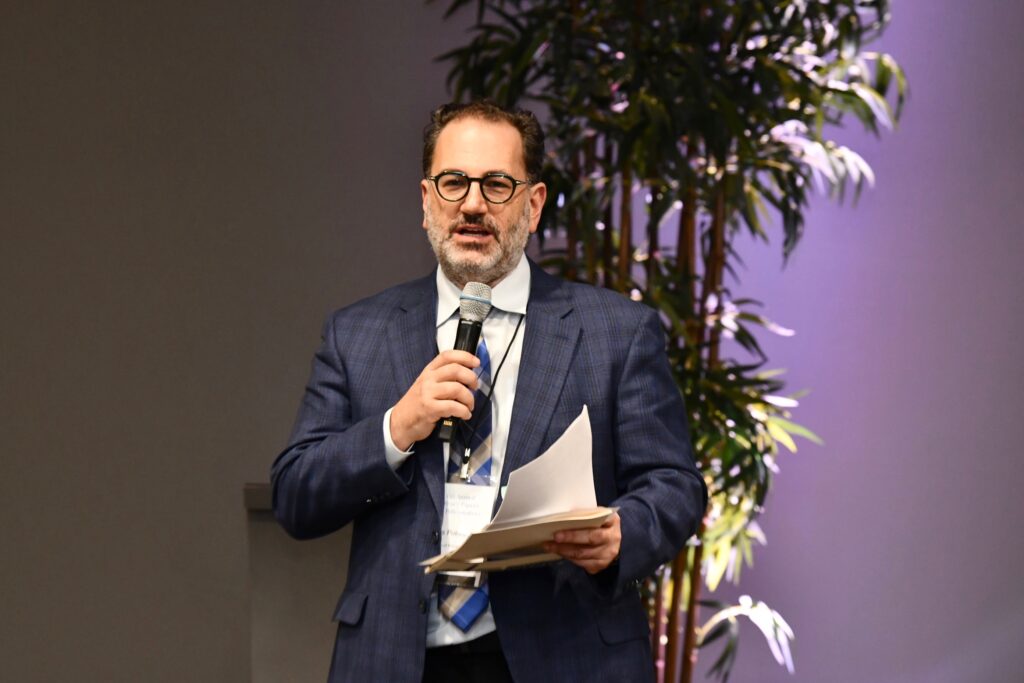
Thank you to Commissioner Alvaro Bedoya and Honorary Co-Hosts Congresswoman Diana DeGette and Senator Ed Markey, Co-Chairs of the Congressional Privacy Caucus. We would also like to thank our winning authors, expert discussants, those who submitted papers, and event attendees for their thought-provoking work and support. We hope to see you next year!

